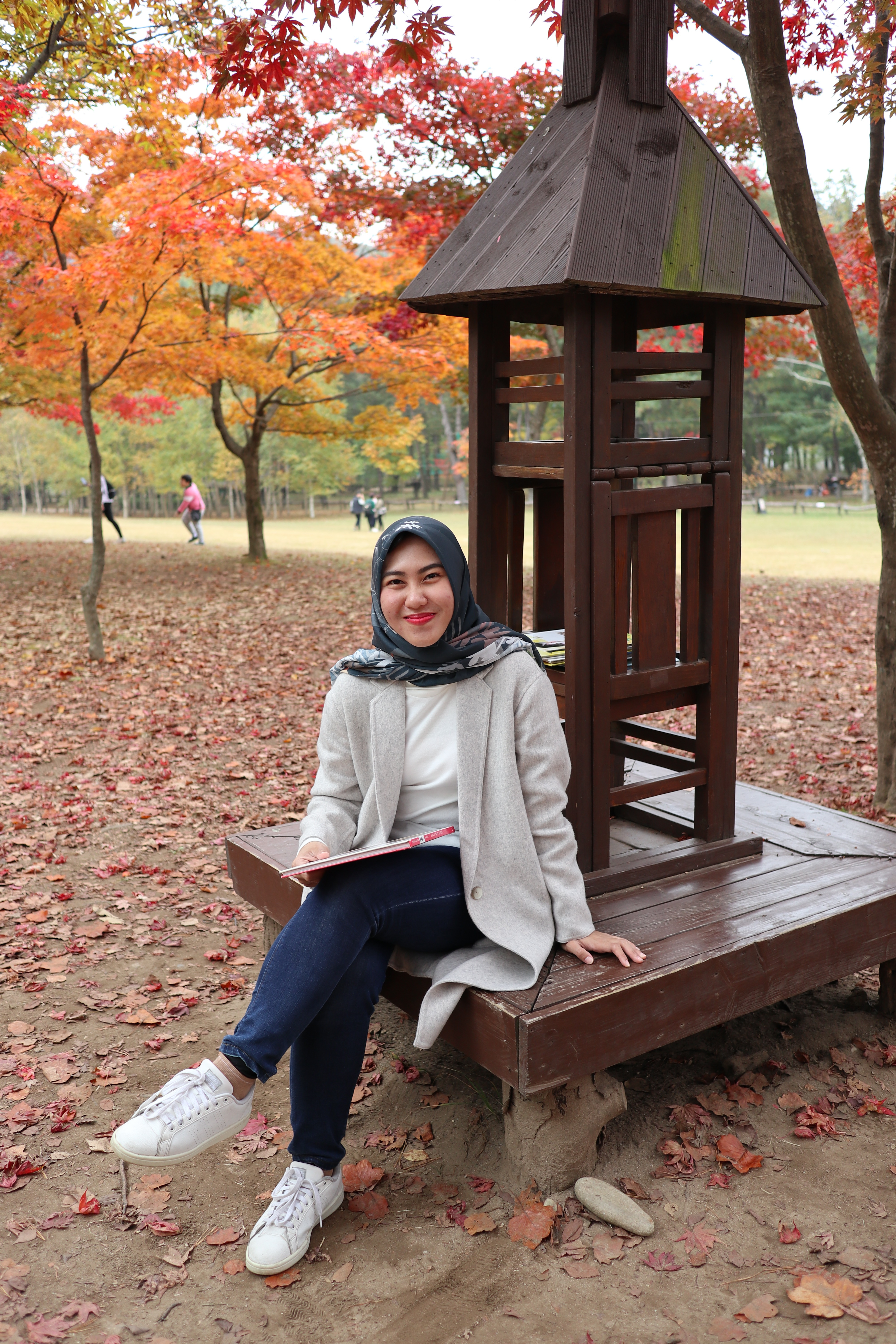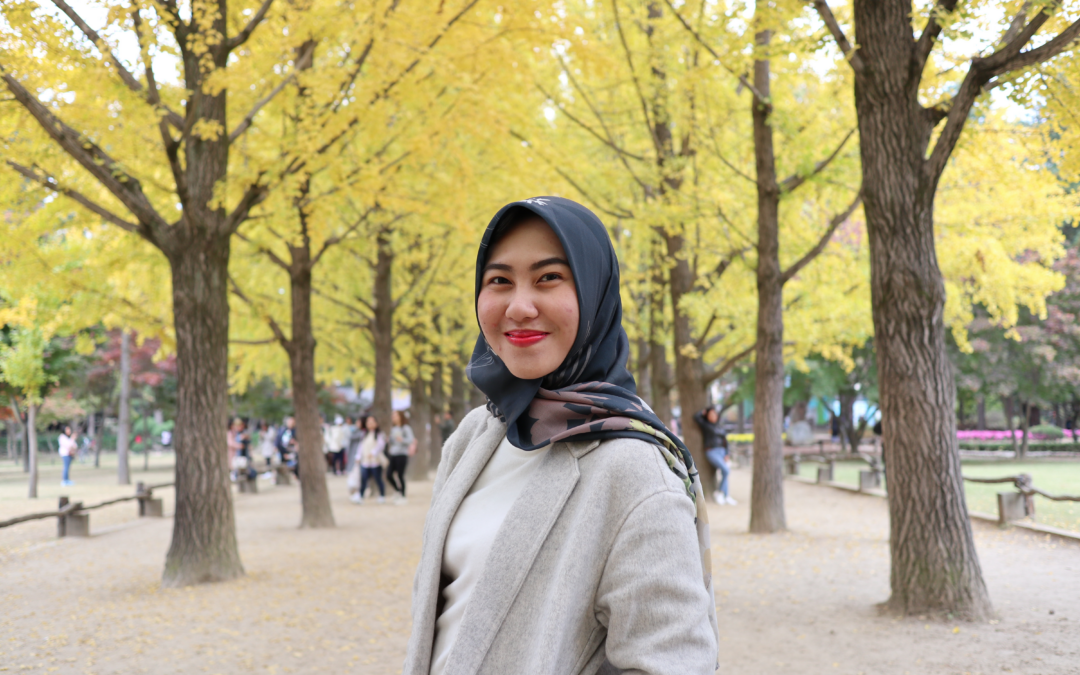Depok- As a dominant country with territorial waters, Indonesia has the potential to develop the economy through the fisheries and maritime sectors. Vindaniar Yuristanda Putri, S.I.A., M.M., lecturer in the Financial and Banking Administration Study Program, Vocational Education Program, Universitas Indonesia (UI), said that the development of a blue economy model can be one of the main strategies in improving the economy in Indonesia. The blue economy concept is the sustainable use of marine resources for the pace of economic growth, while maintaining the health of marine ecosystems.
According to him, the blue economy business model can be applied by Indonesians who use the fisheries and maritime sectors as their livelihood. “This business model does not only involve fishermen, but also entrepreneurs who develop processed fishery and marine products,” said Vinda.
Initially, the blue economy concept only covered all fishery products with economic value, but now the concept is expanding and includes the sustainability of marine ecosystems as one of the largest GDP contributors in Indonesia. Sustainability in the blue economy integrates the triple bottom line of sustainable development, namely between environment, social and governance (ESG).
“The implication for marine product producers is that the marine products they produce also pay attention to the sustainability of marine ecosystems, manage marine products that are zero waste, and prohibit over-exploitation practices,” said Vinda.
Currently, she said, the implementation of the blue economy in Indonesia has recorded an increase compared to the previous year. She gave an example of one form of support provided by the Ministry of Tourism and Creative Economy, namely the tourism village program. Every village in Indonesia is accommodated to explore the characteristics of their respective regions, which contribute to the implementation of the blue economy.
Vinda added, “Coastal communities who initially only focused on catching fish, are now able to develop the potential of the fisheries and marine sectors.” Not only diversification of marine products, but also handicrafts that can become regional characteristics. In some villages or regions, they have even started to ‘beautify’ themselves in order to attract local and international tourists.
 (Photo: Vindaniar Yuristamanda Putri, lecturer in the Financial and Banking Administration study program)
(Photo: Vindaniar Yuristamanda Putri, lecturer in the Financial and Banking Administration study program)
Nonetheless, she said, there are still many challenges to the implementation of the blue economy in Indonesia. First, the exploitation of natural resources by fishermen who catch marine products excessively and disturb the marine ecosystem. Thus, there needs to be innovation in producing optimal products without damaging the environment.
Second, the problem is the blue economy performance database for the fishing industry in each region that does not meet standards. There are still many industry players who focus on production to meet the needs of marine product processing companies. Third, the fishing industry in most of each region is only carried out at the micro, small and medium enterprise (MSMEs) level, so the production volume can still be said to be quite low. Lack of knowledge and raw materials that are still difficult, is a challenge in developing community marine processed products.
The role of academics is very important to fill the void in the knowledge of coastal communities regarding the application of the blue economy. “In addition, current conditions show that Indonesia’s processed marine products, such as various types of fish to seaweed, are exported more abroad than in Indonesia,” said Vinda.
She hopes that the welfare of coastal communities through the blue economy concept can increase. It is hoped that the increase in the welfare, standard of living and knowledge of marine product management will have an impact on improving the quality of marine products in Indonesia.


